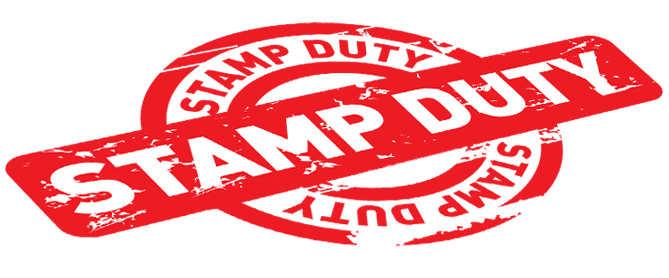Airtel: subscription codes for data and everything You Need to Know
Airtel is a telecommunication giant in Africa and Asia with a wide coverage area. Having undergone changes from the early days of Econet to Celtel, Zain and finally Airtel, the company has seen a balance in recent years. Known as one of the networks with the highest coverage in Nigeria, Airtel prides itself as the ‘smartphone network’. Airtel has a range of calls and data bundles that can be used across devices. This post will extensively cover ALL their data plans.
Important Note!
You can subscribe for any Airtel Data plan by dialling *141# or by visiting http://vtpass.com/airtel-data and buying with your card.
Now let’s get back to the remaining data plans. We will be discussing Airtel daily data plans, Airtel weekly data plans and Airtel monthly data plans. The telecommunication company’s data plan costs range from as little as 50 Naira to as much as 136,000 Naira. Whatever the plan you decide to subscribe for will be dependent on your needs.
Daily data plans
Daily Subscriptions
| Price | Data Allowance | Validity | USSD Code | Buy From Vtpass |
| #50 | 25MB | 1 day | *141*50# | Buy Now |
| #100 | 75MB | 1 day | *141*100# | Buy Now |
| #300 | 1GB | 1 day | *141*354# | Buy Now |
| #500 | 2GB | 1 day | *141*504# | Buy Now |
Weekly Data Plans
| Price | Data Aloowance | Validity Period | USSD Code | Buy From VTpass |
| 300 | 350mb | 1 week | 141*300# | Buy Now |
| 500 | 1gb | 1 week | *141*502# | Buy Now |
| 1500 | 6gb | 1 week | *141*1504# | Buy Now |
Monthly Data Plans
| Price | Data Allowance | Validity Period | USSD Code | Buy From VTpass |
| 1000 | 1.5 GB | 1 month | *141*1000# | Buy Now |
| 1200 | 2 GB | 1 month | *141*1200# | Buy Now |
| 1500 | 3GB | 1 month | *141*1500# | Buy Now |
| 2000 | 4.5GB | 1 month | *141*2000# | Buy Now |
| 2500 | 6GB | 1 month | *141*2500# | Buy Now |
| 3000 | 8GB | 1 month | *141*3000# | Buy Now |
| 4000 | 11GB | 1 month | *141*4000# | Buy Now |
Although there are a few other special data plans not covered by this post, it, however, gives you a piece of detailed information about Airtel Nigeria’s data plans and subscription codes. To find out how to share data between family and friends, kindly read this post.



